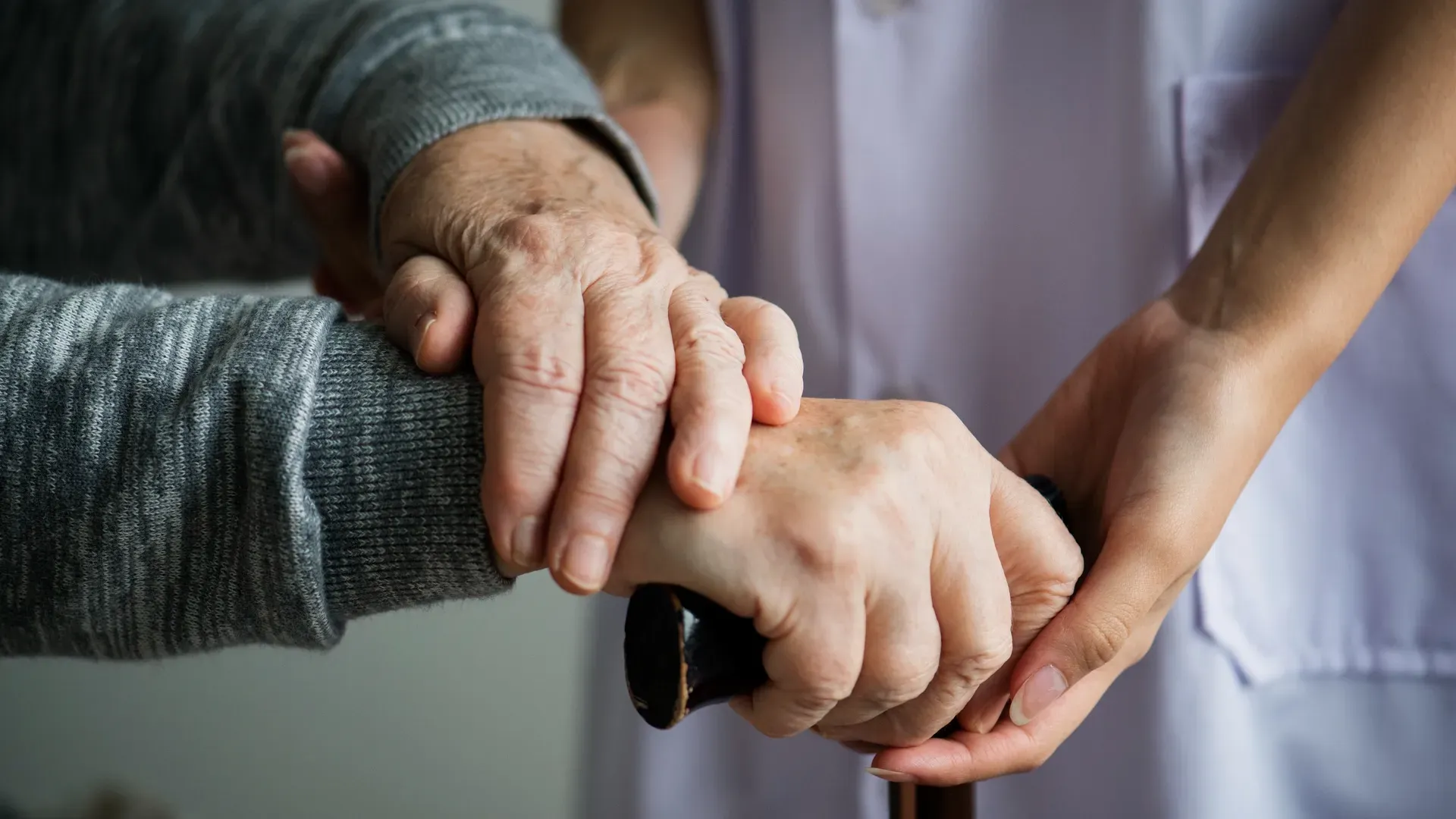Enhancing Dignity in Healthcare Empowering Aged Care Staff for Holistic Support
In our commitment to advancing aged care services, the principle of dignity stands as a fundamental pillar. Inspired by Australia's Dignity in Care program, we recognise the paramount importance of treating elders with the utmost respect, honoring their intrinsic worth, and affirming their human rights. By prioritising personalised care, independence, and informed decision-making, we not only offer support but also champion the dignity of our seniors.
Understanding the intricate connection between dignity in care and human rights principles guides our approach towards providing respectful treatment to every individual. As a provider of aged care staff, we are dedicated to delivering care that reflects the standards we would expect for our own loved ones—care that enhances their quality of life and preserves their self-respect.
In this discussion, we advocate for a holistic approach to aged care, one that nurtures physical health, mental well-being, fosters meaningful relationships, and ensures equity and fairness. By emphasising strategies to respect personal autonomy, facilitate effective communication, and involve elders in care decisions, we aim to empower them with independence and agency—a crucial reassurance in their later years.
We delve into both acknowledged and overlooked aspects of dignity, examining the profound impact that dignity—or its absence—can have on teaching, healing, and safeguarding our cherished elders. As we navigate these territories, we underscore the importance of recognising the dignity of aged care staff, ensuring that those who provide care do so within an environment that honors their worth. Join us as we unveil means to preserve and enhance dignity in aged care services—acknowledging that every gesture of respect counts.
Challenges in Preserving Dignity in Aged Care
In the face of demographic shifts, our commitment to caring for elders faces challenges posed by the increasing number of older Australians, particularly those over the age of 85. This demographic, proficient in the technological advancements of our era, holds elevated expectations regarding service quality. It is incumbent upon us to meet and adapt to these expectations to ensure that dignity in aged care is not just maintained but celebrated.
We are also witnessing an alarming trend in staffing challenges. Overworked providers, an aging average age among care workers, and inadequate remuneration are contributing to a workforce crisis within aged care facilities. When staff are stretched thin, the quality of care and, consequently, the dignity of those we serve may suffer. Recognising these challenges underscores the importance of investing in both our workforce and technology to deliver dignified care to our seniors.
To address the demands of digital disruption, our focus must shift towards embracing technological advancements. Strategic investments in IT infrastructure have the potential to revolutionise traditional working models within our sector. This transformation is not solely about compliance with Australia's robust regulatory framework, which often imposes significant administrative burdens on providers. It is about enhancing safety, promoting the independence of our aging population, and improving user experience—remaining true to the essence of dignified care.
We are also looking forward, drawing lessons from the challenges posed by the pandemic. Our preparedness for the future of healthcare delivery necessitates the establishment of stronger, collaborative relationships across states, territories, and communities. Moreover, addressing workforce challenges—such as rural placement difficulties, the rising cost of hospital care, and the retention of aged care staff—positions us on a path where caring for elders becomes a collective societal endeavor, supported by the latest developments in digital transformation. Our role extends beyond providing day-to-day care, embracing strategies that will future-proof our approach to aged care and ensure a dignified existence for all our elders.
Strategies for Enhancing Dignity through a Holistic Approach
Recognising the multifaceted nature of elder care, we develop strategies centered around the mind-body-spirit connection, which forms the foundation of a holistic approach. By addressing their comprehensive well-being, we ensure that caring for elders encompasses more than just physical health. We integrate alternative therapies such as acupuncture, aromatherapy, yoga, and music into their care plans, nurturing emotional and spiritual wellness alongside their physical state. Art therapy and engagement with pets and nature also play vital roles in invigorating their spirits, acknowledging that such experiences are essential for a life lived with dignity.
At Tarrays, we have witnessed the immense value that a person-centered approach adds to the lives of our residents. This approach entails tailoring our care to meet the unique needs and preferences of each individual, fostering collaboration among healthcare professionals, caregivers, and complementary therapists. Here are some of the key strategies we implement:
Person-Centered Care: We honor the personal histories, preferences, and goals of our residents by customising their care plans. Empathy and active listening are fundamental to our interactions, as is encouraging residents to participate in their own care decisions.
Integrative Therapies: From art to music, nature exposure to pet therapy, our residents have access to a range of modalities that support their emotional and spiritual well-being. Each activity aims to enrich their lives and maintain cognitive function, with the comforting presence of pets often providing immeasurable comfort.
Nutrition and Fitness: A balanced diet and regular, age-appropriate exercise form the backbone of our residents' physical health. Regular yoga and meditation sessions also enhance mobility, balance, and mental peace, contributing to an all-encompassing sense of well-being.
Understanding that challenges such as resource constraints and resistance to change may arise, we remain committed to continuous improvement and adaptation. Our goal is to extend not only the lifespan but also the 'healthspan' of our elders. The integration of virtual reality (VR) and augmented reality (AR) in therapeutic settings represents the future of aged care—unbounded by the traditional constraints of four walls, residents can engage with environments and experiences that were previously inaccessible.
In caring for elders, we prioritise making them feel valued and respected. We constantly assess and update our holistic practices, ensuring they remain effective and resonate with our residents’ evolving needs. For us, dignity in aged care is not merely a concept but the central philosophy guiding our services. Our mission is to infuse every aspect of holistic elderly care with respect and consideration, providing residents with a life that is as rich and fulfilling as possible.
Conclusion
In conclusion, our exploration of the holistic approach to aged care services underscores the undeniable significance of dignity for the well-being of our elders. Throughout this discourse, we have emphasised the necessity of personalised care, technological advancement, and a dedicated workforce in upholding the human rights and dignity our senior population unequivocally deserves. We have delved into the profound implications that practices grounded in empathy and innovation have on enhancing the quality of care, and subsequently, the quality of life for our elders.
As we move forward, the strategies and insights discussed necessitate a sustained commitment to these ideals across the aged care industry. It is imperative that we maintain this trajectory of improvement and adaptation, ensuring that the dignity of our elders remains at the forefront of all aged care services. By embedding the values of respect, independence, and holistic well-being into our care frameworks, we honor the lives of our seniors, enrich their golden years, and reflect a society that cherishes every member within it.












